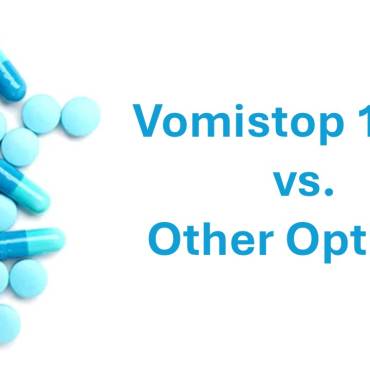If you are a mum, then baby wipes are included on your must-have list! Besides their primary purpose, which is cleaning the nappy area of your baby, these baby wipes have a variety of uses including clean your kid’s mouth after meals. However, a new research study revealed that there is a link between baby wipes and food allergies.
According to clinical research data, from the last few decades, there has been a rise in the number of children who develop food allergies. Although it has not yet confirmed how food allergies start or how they can be cured. You need to discuss with the child specialist to cure allergic reactions in your baby.
What Is The Connection?
According to some scientists, there is a connection between dust, genetics, food, and baby wipes. Being a mum, you keep these baby wipes handy to make sure your little one stays clean, but this mum essential can cause different types of allergies.
Experts claimed that these could trigger allergies in kids. They also believed that baby wipes are just one ingredient in the mix of contributing factors that contribute to allergic reactions.
Important Facts
- It is believed that babies are often exposed to food allergens on their skin. Dust is not just an environmental allergen that is present in the home. The study revealed that a parent preparing food with peanut butter should not handle the baby. Avoid kissing your baby while eating peanut butter.
- Researchers also found that kids with food allergies also have atopic dermatitis. Genetics can be the reason behind the condition.
- The study revealed that prolonged and frequent use of baby wipes could alter the top layer of your baby’s skin. According to the study, baby wipes are not the only cause of food allergens but is the combination of skin conditions, environmental factors like leaving soap residue on baby’s face.
Precautionary steps to prevent the occurrence of Allergies
Parents can take these steps to lower the risk of a perfect storm of allergies:
- Wash your hands with soap and water before handling your little one
- Avoid the excessive use of soapy baby wipes
- While bathing your baby make sure to rinse soap thoroughly
- Keep your home clean and dust free
- Introduce new foods one at a time, and if you have any doubt, please consult with your child specialist.
Symptoms of a Food Allergy in your baby
Being a parent, it is always better to know the symptoms of a food allergy that can trouble your little angel:
- Wheezing
- Hives, itching
- Eczema
- Facial tingling
- Dizziness
- Fainting
- Diarrhoea
- Stomach pain
- Nausea or vomiting
- Nasal congestion
- Light-headedness
- Difficulty breathing
- Swelling of the lips, face, and tongue
If you doubt that your child is allergic to certain foods, bring your baby to a child care center. A child care specialist can ask you for an allergy test to know for sure. The test is rarely done on babies under six months of age.
Kids are exposed to environmental allergens in the dust at home. They may not be consuming food allergens as a newborn, but they are getting them on their delicate skin. Food allergies such as cow’s milk and peanut allergy rarely go away.



